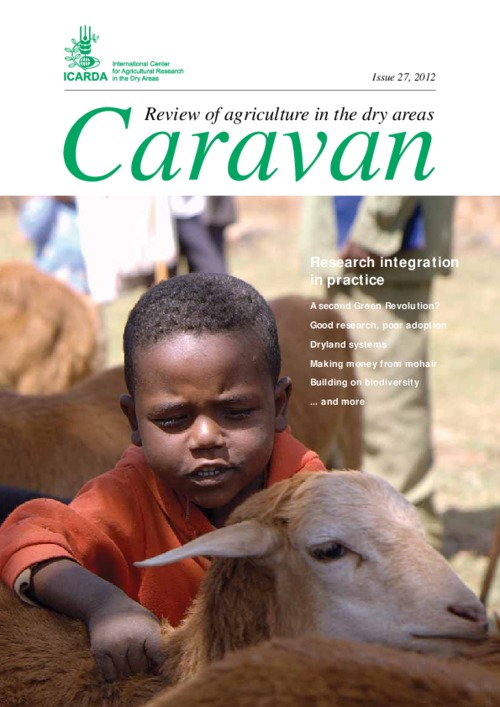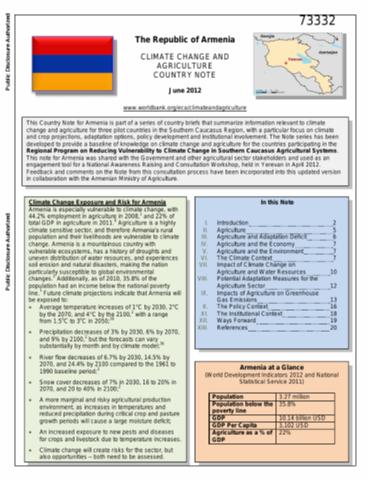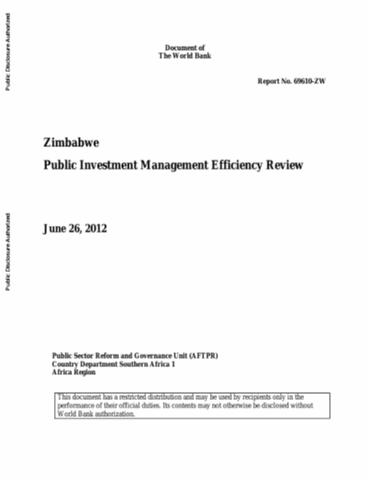Involving Farmers : Social Assessment in the Estonia Agriculture Project
Countries in transition from centrally
planned to market economies face several challenges when
planning investments. These include a lack of information
about beneficiary groups, particularly those in rural areas;
and the collapse of institutions maintained by the state
prior to transition. During preparation of the Estonia
Agriculture Project, the government sought World Bank
technical assistance to undertake a social assessment (SA)





